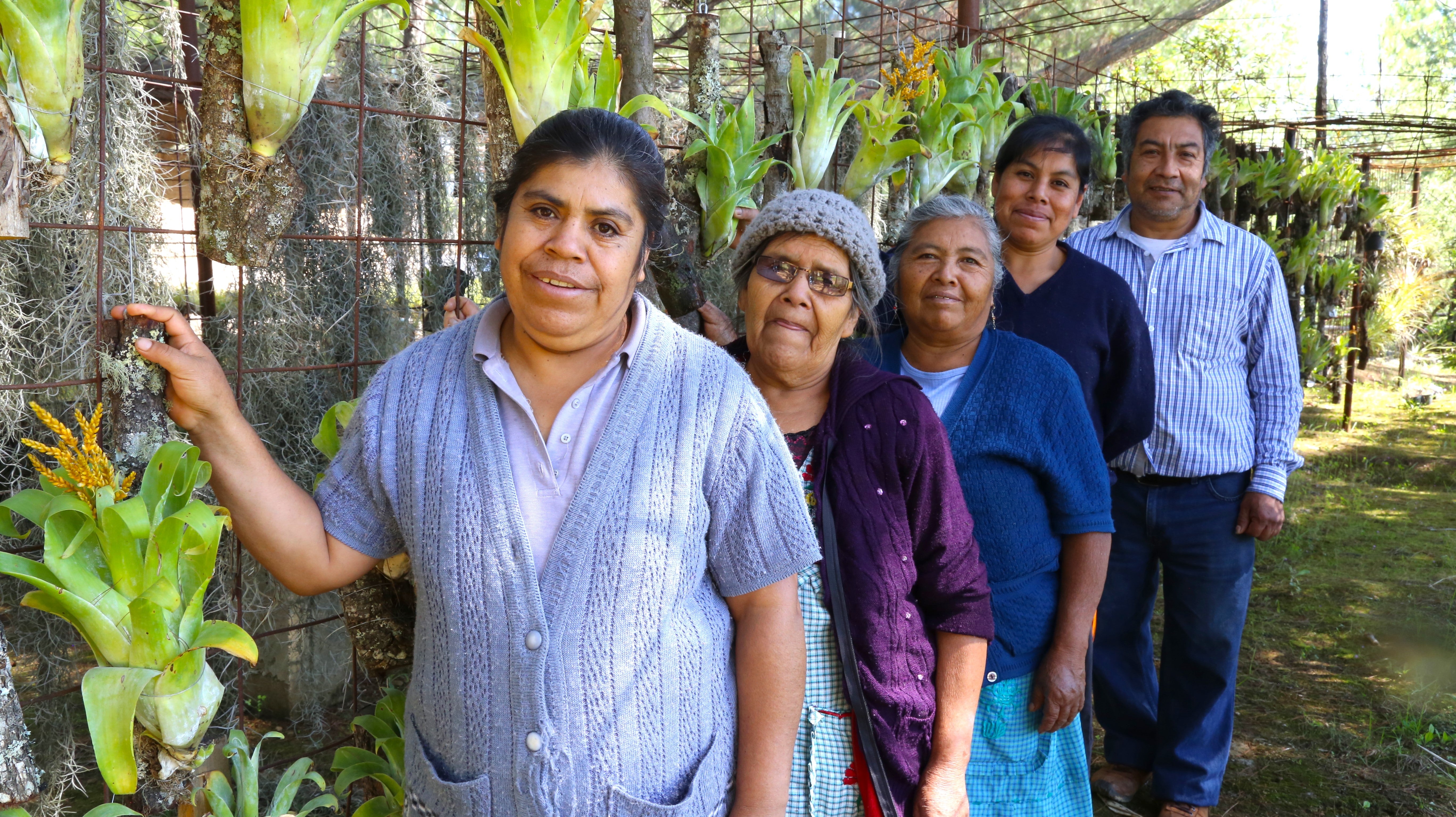
International Women’s Day is an excellent opportunity to remind ourselves that no country or economy will reach its maximum potential or successfully overcome the challenges of the 21st century if girls and women do not enjoy the same rights and opportunities and have the same voice as boys and men. Gender equality is more and more relevant each day. In recent years, several countries have moved from discussion to action.
Latin America has made advances in gender equality. Women’s access to education, healthcare and employment has increased. The region has achieved gender equality in access to education. The life expectancy of women has risen. Women’s participation in the labor market grew by 33 percent between 1990 and 2014.
Even so, challenges remain in terms of adolescent pregnancy, the low quality of women’s employment and gender violence. In countries such as Colombia and Mexico, gender inequality in access to financing, lines of credit or bank accounts hinders social and economic development.
What can be done to even the playing field between men and women so they can work together to achieve the full economic potential of their countries?
Several things. For example, it is important to close gender gaps in education and to invest long term to guarantee than girls and boys – especially from indigenous and Afro-descendent communities – attend and finish school.
Investing in young people to take advantage of the demographic dividend is also crucial. Brazil, Colombia and Mexico have the largest numbers of youth who neither study nor work. Young women are at the greatest risk of neither working nor studying if they marry before the age of 18, and especially if they become pregnant as adolescents.
For this reason, women’s entry into the labor force should be strengthened through policies that address the obstacles and inequities they face when joining the labor market.
In Mexico, the labor force participation rate for women is 45.5 percent, lower than in other countries of the region (it is 58 percent in Colombia). It is important to create better working conditions and promoting employment opportunities for women, with flexible hours, training and diversity in management positions. Lowering the impact that the role of caretakers and homemakers has on their job performance can also unlock women’s economic potential.
Reducing gender violence should also be a priority.
How can gender equality be promoted?
There is much to be done. In our work in Colombia and Mexico, we promote gender equality through several projects. For example, a waterway project designed to improve the navigability of the estuaries that connect the Colombian departments of Nariño, Cauca and Chocó considered women’s needs in the construction of docks given that they will be the main users.
The project will improve women’s access to transportation and safety when traveling in the area and will employ them for the daily operation of the docks and within the Water Management System. Wherever possible, they will have a space to sell crafts on the dock.
In Colombia, we have worked in projects to promote the social and economic inclusion of women affected by different types of violence so that they can return to their normal, productive lives.
The Peace and Development project promoted dignified living conditions in the zones most affected by the conflict through training, education, work, income and psychological and social support. It also supported organizations of women affected by the conflict which, in turn, helped other victims.
Empowering women in the forestry sector also creates opportunities and benefits for households and communities. In the northern highlands of Oaxaca, Mexico, we promote forestry entrepreneurs with a project to achieve gender equality through the increased participation of women in the sustainable use of natural resources to increase the value of the forests.
The Project to Expand Rural Finance has made significant strides in expanding access to financing among women and traditionally marginalized groups. Women farmers and small business owners account for 78 percent of loan recipients.
To address sexual abuse on public transport in Mexico, we collaborate on a pilot project to generate a community response to this daily experience for women. Under the slogan “Hazme el Paro,” the project works to make drivers agents of change, to encourage people to speak up in cases of harassment and to give victims the tools they need to stop and report those abuses.
We also support the conditional cash transfer program, Prospera, which not only empowers mothers, but also promotes access to food, health and education of the most vulnerable citizens and favors the social and productive inclusion of the program’s beneficiaries.
Evening things out to ensure that men and women have the same opportunities and together contribute to a country’s development entails a collective effort and a behavioral change in society. It is not easy, but to guarantee that no one is left behind #TimeisNow.


Join the Conversation